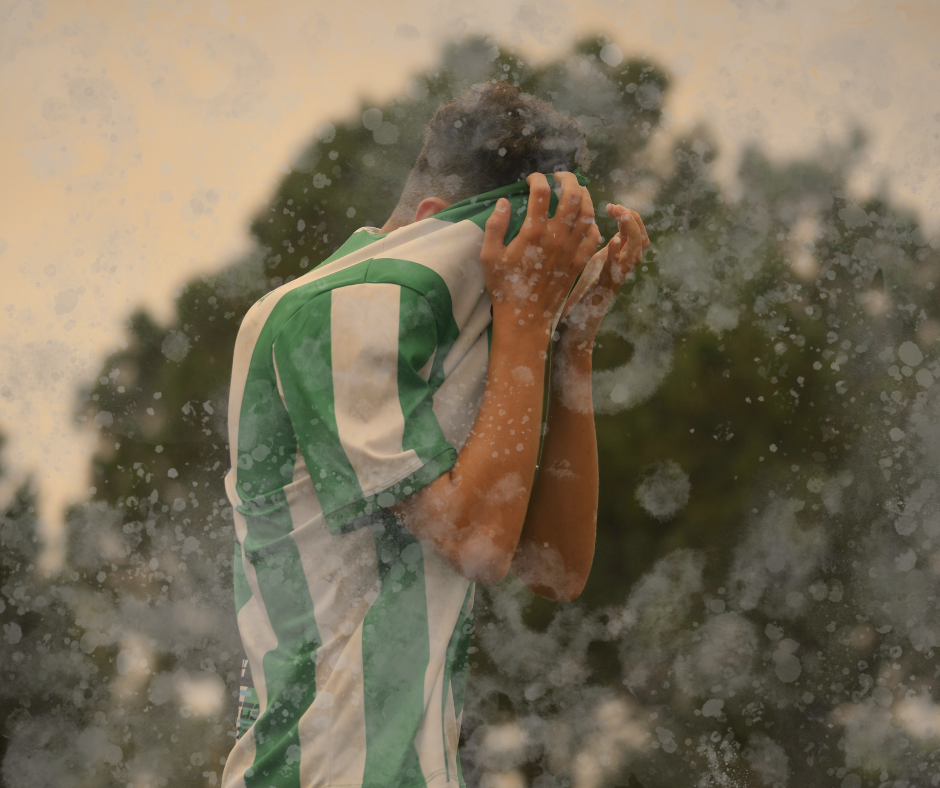Shame, Blame, or Claim: How Does Your Kid Handle the Hard Stuff
Shame, Blame, or Claim: How Does Your Kid Handle the Hard Stuff? Soccer Icon Abby Wambach’s new podcast Welcome to the Party is live now—and in a soon-to-release episode she shares a message parents won’t forget: “After a mistake or setback, kids react in one of three ways—shame, blame, or claim.”
What Kind of Sports Parent Are You? – Take Our Quiz
If you’ve spent any time around youth sports, you’ve seen it play out. The missed penalty kick. The serve that sails out. The turnover in the last minute. Some kids hang their heads, some point fingers, and every once in a while, a kid takes a deep breath and says, “That one’s on me.”
Shame
Shame is the quiet one. It’s when a mistake isn’t just a mistake—it becomes who they are. Instead of I missed the shot, it turns into I’m a failure. Research shows that kids who get stuck in shame struggle more with confidence, problem-solving, and even relationships. And in sports, shame often leads to quitting—not because they don’t love the game, but because they can’t separate their identity from the outcome.
Blame
Then there’s blame. This is the outward version. The coach didn’t sub me in at the right time. The ref blew the call. My teammate didn’t pass the ball. Blame is easier than shame because it keeps the spotlight off of them, but it also keeps them from growing. If the problem is always out there, they never look inward to ask, What can I do differently next time?
Claim
And then there’s claim. This is the rarest—and the hardest. Claiming means a kid takes ownership of their role in what happened. It doesn’t mean they carry all the responsibility, but they’re willing to own their part. Yeah, I missed that shot. I’ll keep working on it. Claiming is the foundation of resilience. It’s what allows kids to see failure not as an ending, but as information.
How Parents Can Help
This is where we come in. Our kids are going to land in shame, blame, or claim—sometimes all three in the same day. But how we respond shapes what sticks.
-
When they fall into shame, they need empathy, not lectures. A reminder that mistakes don’t define them.
-
When they go to blame, they need gentle redirection. Yes, the ref missed a call—but what part was in their control?
-
And when they claim? They need us to notice it, celebrate it, and reinforce it. Because claiming is a muscle, and the more they use it, the stronger it gets.
The Bigger Picture
As parents, it’s easy to get caught up in the scoreboard or the stats. But the real work of youth sports is happening in these tiny, invisible moments after the game. How our kids process failure will matter long after the final whistle.
One day, they won’t remember the score of that weekend’s tournament. But they will remember how we helped them handle the hard stuff. Did we add to their shame? Feed their blame? Or guide them toward the strength to claim it?
